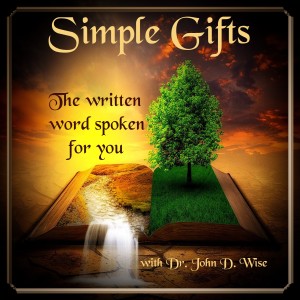
Monday Sep 13, 2021
T. S. Eliot‘s THE WASTELAND, Part 1
Arguably the iconic poem of the twentieth century (published in 1922), and certainly Eliot's most well-known. It is also one of the most difficult poems in the English language, and will only reward those willing to study its difficulty. It is a poem filled with poetic, historical, mythological and various esoteric multi-cultural allusions, structures and content. It is the capstone of Eliot's pre-conversion poetry, displaying the emptiness of meaning in a world bereft of transcendence. If you end this poem with a dry mouth, a dry mind, and nothing but numbness, lack of emotion, you've captured Eliot's objective correlative, I think. The final words, "Shanti, shanti, shanti," the Sanskrit "peace," end the poem on a note, not of hope, but of resignation.
Let us just say that THE WASTELAND is most notable for its contrast with the hope, joy and life to be found in Eliot's post-conversion work!
#poem #poetry #verse #literature #aestheticliterature #aesthetic #rhythmic #phonaesthetics #soundsymbolism #metre #prosaic #literarycomposition #poet #ambiguity #symbolism #irony #poeticdiction #muse #prosody #meter #metricalpatterns #rhymescheme #thewasteland #shanti #peace #resignation #tseliot #eliot
Comments (0)
To leave or reply to comments, please download free Podbean or
No Comments
To leave or reply to comments,
please download free Podbean App.